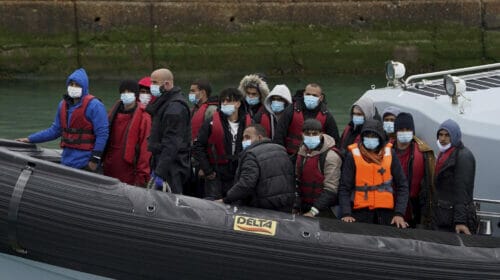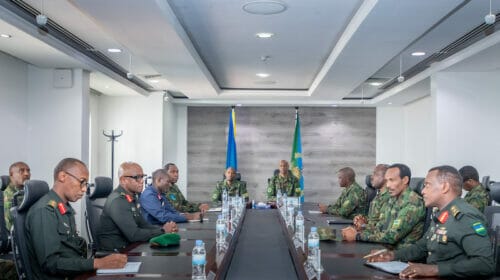Why is the whole world still silent on the murder of Rwandan activist Makonene?
Local residents found his body twisted around a large tree, with a rope around his neck. They believe he might have been thrown from a car on the road above the lake and that a tree blocked his fall into the water. A dark bruise was visible across his neck. The police medical report said he was strangled.
But a year later, there is no clarity about why — whether his murder was a common crime or tied to his work as an anti-corruption campaigner.
Makonene had been handling corruption allegations, some of which reportedly involved members of the police. There appears to be little progress in the investigation into his murder.
Rwandan authorities have told Human Rights Watch the file is still open. The Ministry of Justice said investigations are ongoing and that there was additional information from the police, without providing further details.
Makonene’s murder briefly made the headlines a year ago, but since then, there has been almost complete silence, both at the national and international levels.
The silence reflects the weakness of the independent media and independent organisations in Rwanda and the reluctance of Rwanda’s international partners to speak out on sensitive issues. With no one clamouring for justice, the case may remain unsolved.
This silence is striking when compared with reactions to the murders of other activists in the region.
Take, for example, Ernest Manirumva, the vice president of the Burundian anti-corruption organization OLUCOME, murdered in the Burundian capital, Bujumbura, in 2009, or Floribert Chebeya Bahizire, the executive director of the Congolese human rights organisation Voice of the Voiceless (Voix des Sans Voix), murdered in the Congolese capital, Kinshasa, in 2010.
Human-rights groups in both countries loudly denounced these murders and vigorously campaigned for justice. Neither case has yet been satisfactorily solved, but the activists continue their campaigns, ensuring the murders are covered by the local media and enlisting the support of diplomats.
Why is it so different in Rwanda? Calling for justice for a slain anti-corruption worker should be a natural reflex for human-rights organisations and other independent groups.
Instead, it is almost taboo in Rwanda. When Human Rights Watch brought up Makonene’s case with members of these groups, local journalists and international actors, their responses ranged from discomfort, or a shrug of the shoulders, to seemingly genuine but private expressions of concern.
Over the past few years, government intimidation, harassment, obstruction and threats have significantly weakened Rwanda’s independent organisations.
In 2013, the leadership of one of the last remaining independent human rights groups, LIPRODHOR, was illegally taken over by people less critical of the government’s human-rights record.
Within days, the new leadership was recognized by the Rwanda Governance Board, the government body regulating non-governmental organisations.
Silence on the platform
Meanwhile, the Rwandan Civil Society Platform, a broadly pro-government group of organisations, seems more intent on defending Rwanda’s human-rights record than on demanding justice for abuses. It has not released any public statement condemning Makonene’s murder.
The Rwandan media fare little better. They remain heavily dominated by pro-government press and radio, and independent journalists rarely cover politically sensitive issues.
Since 2010, an independent journalist has been assassinated; several others have been prosecuted and imprisoned in connection with newspaper articles; others have fled the country after repeated threats; and two popular independent newspapers have been shut down.
Some diplomats have raised Makonene’s case privately with Rwandan officials, but there has been no strong public condemnation of the murder by donor governments, which claim to support a strong civil society as part of a vibrant democracy.
Source: hrw.org



